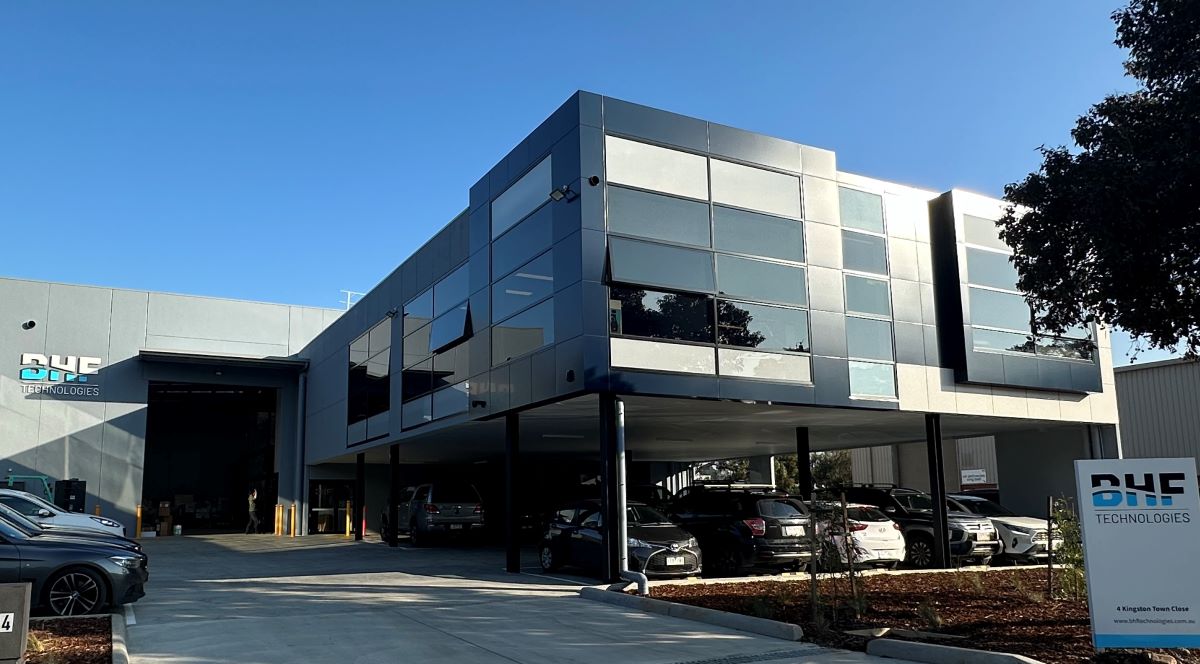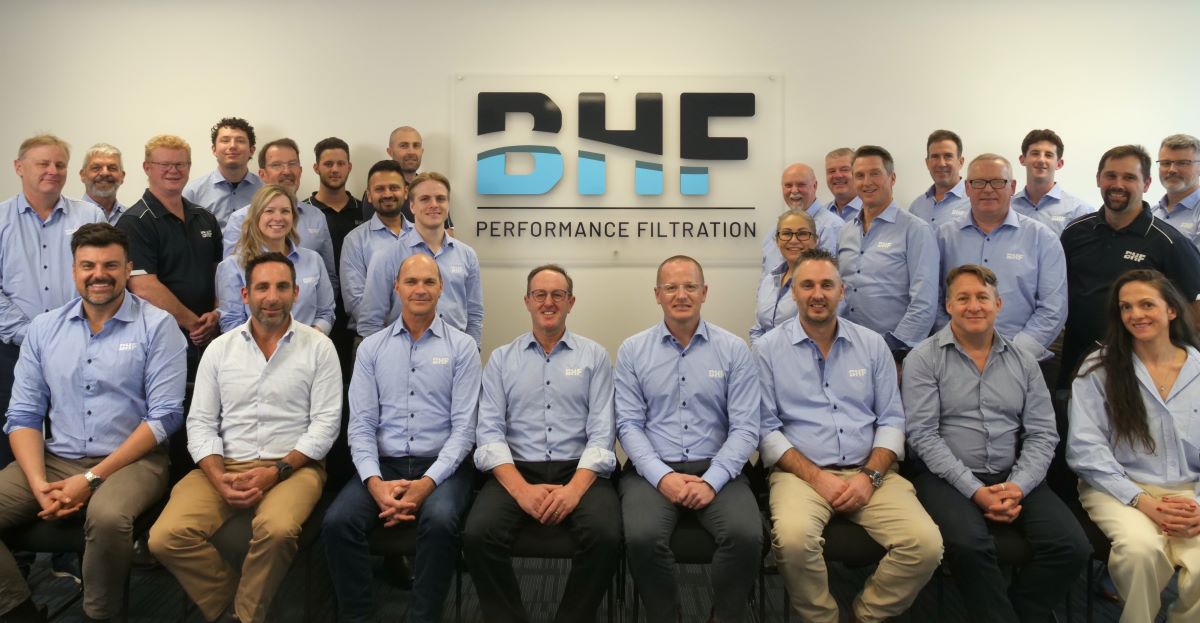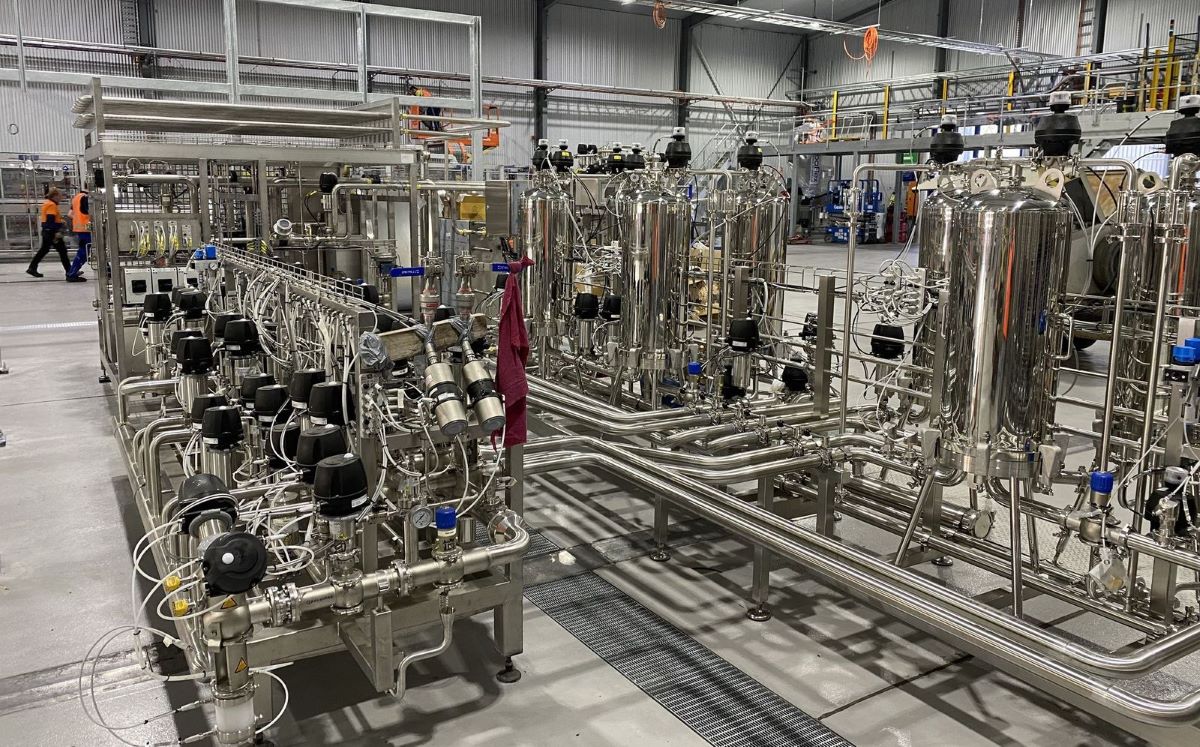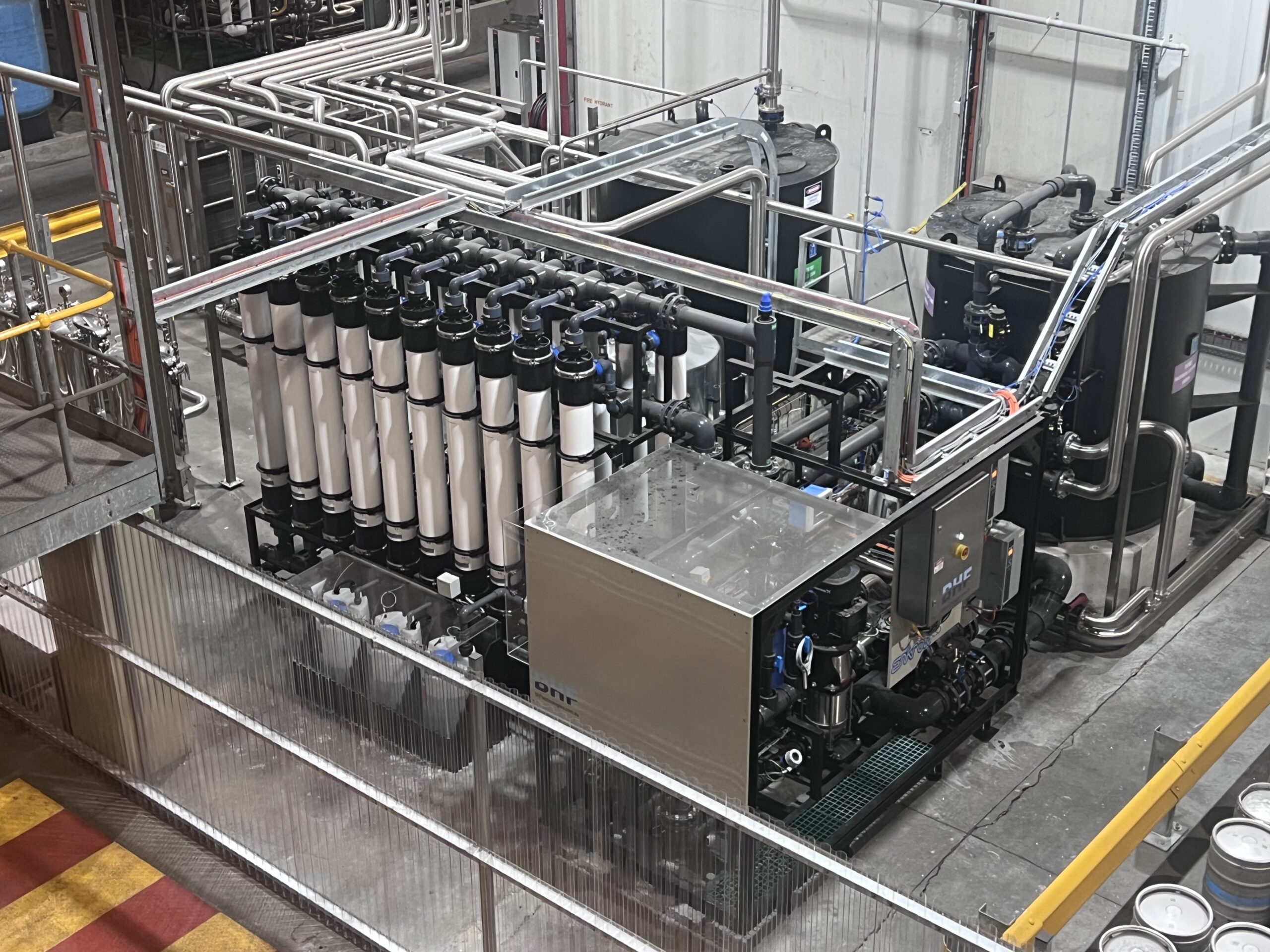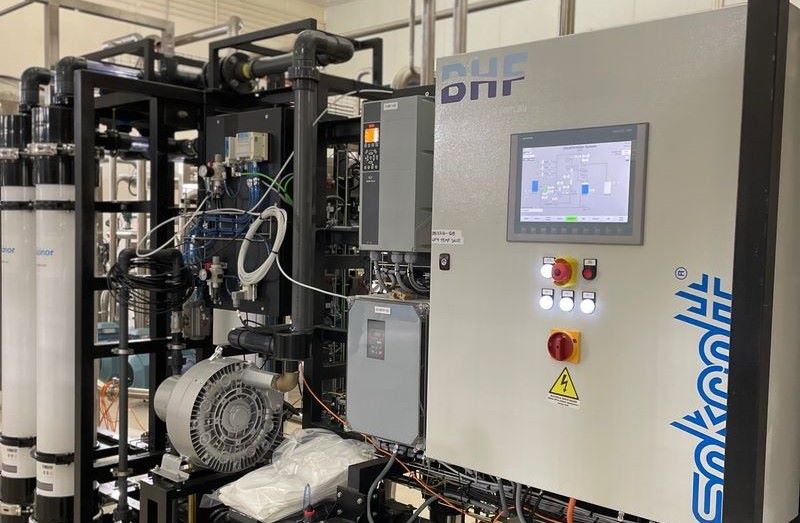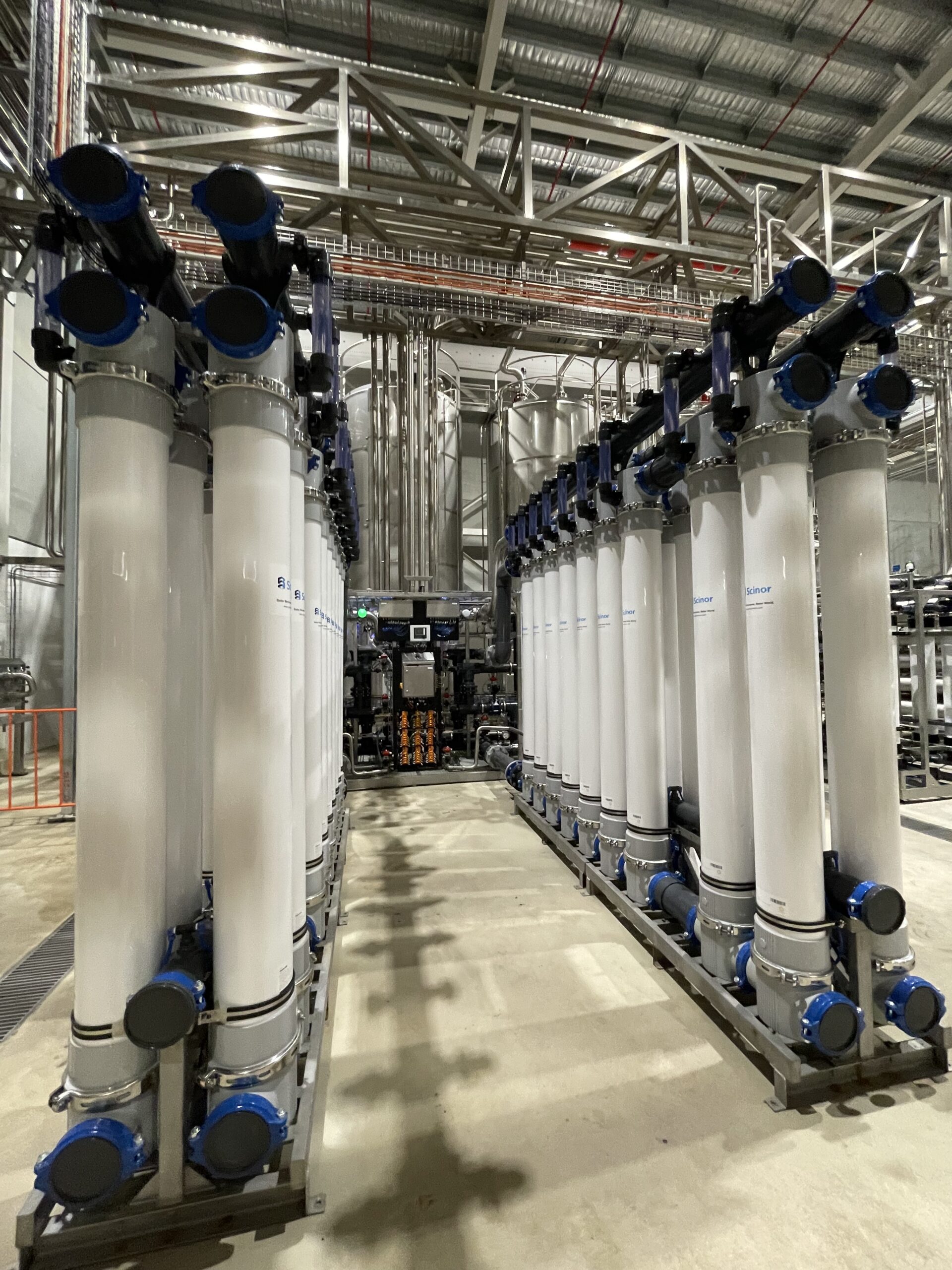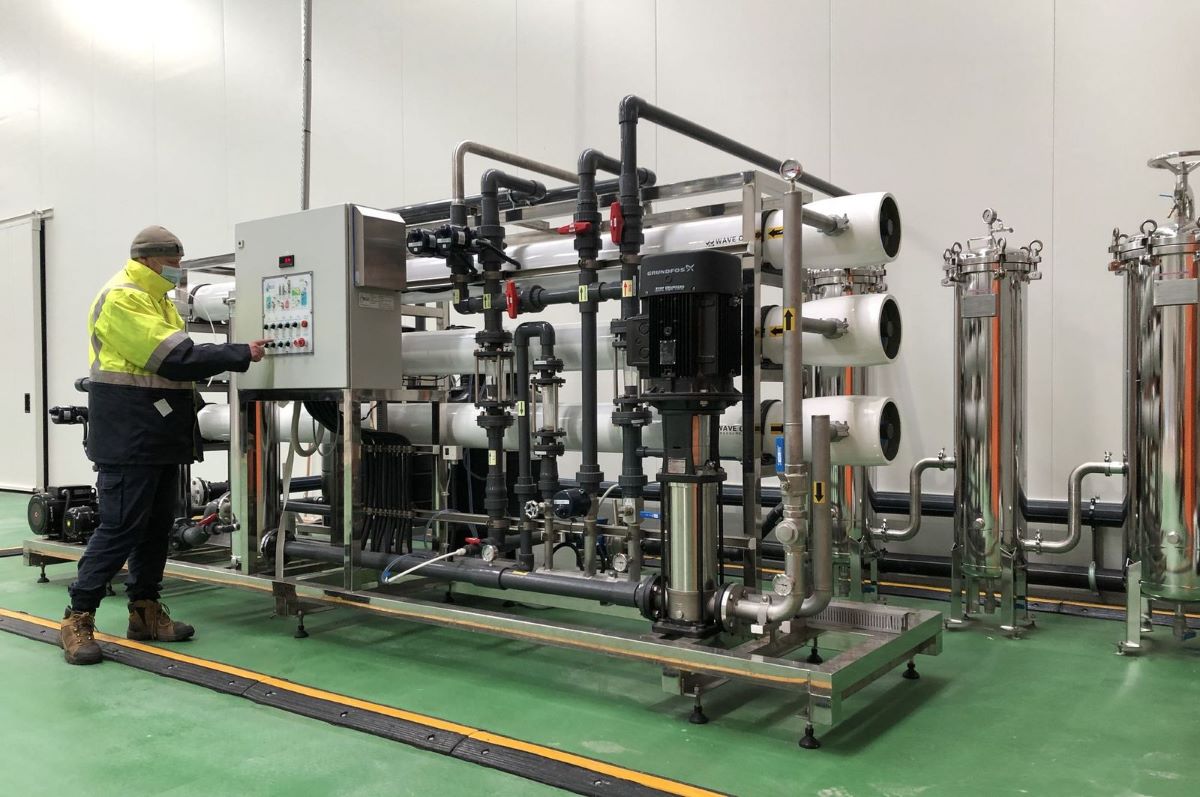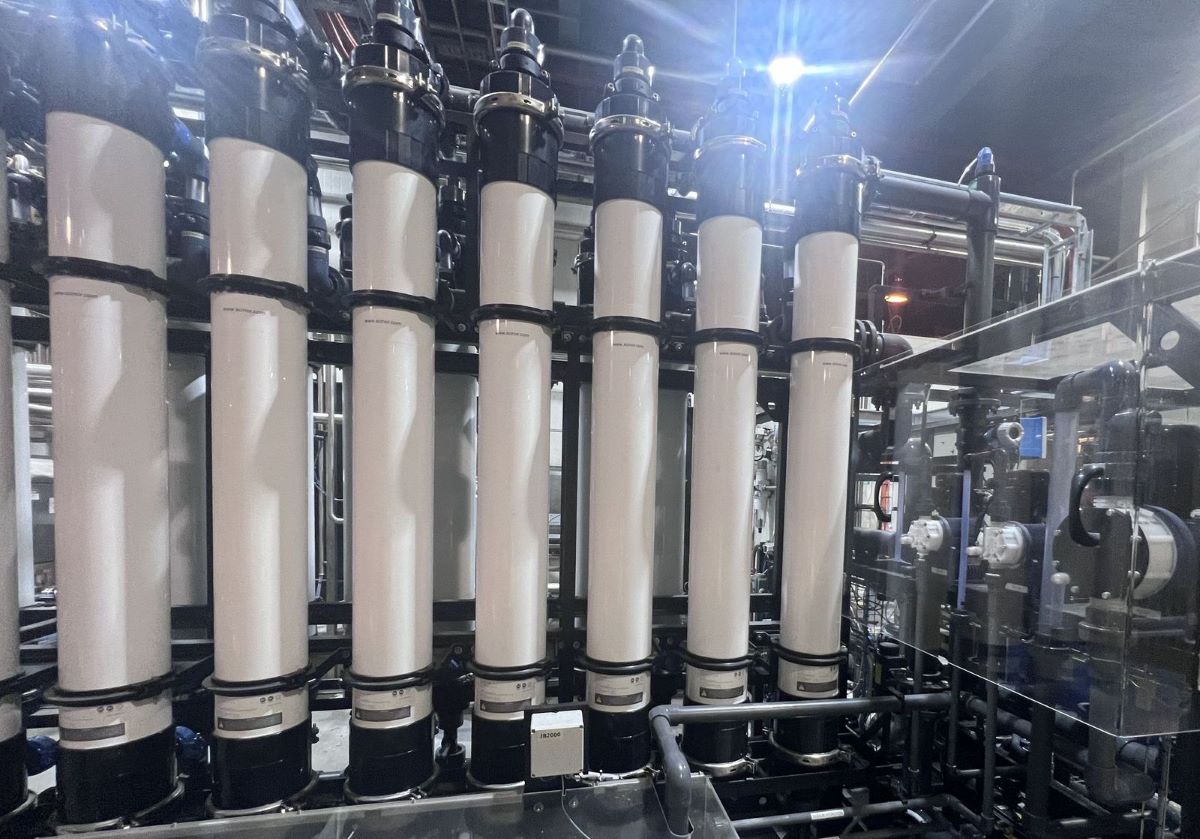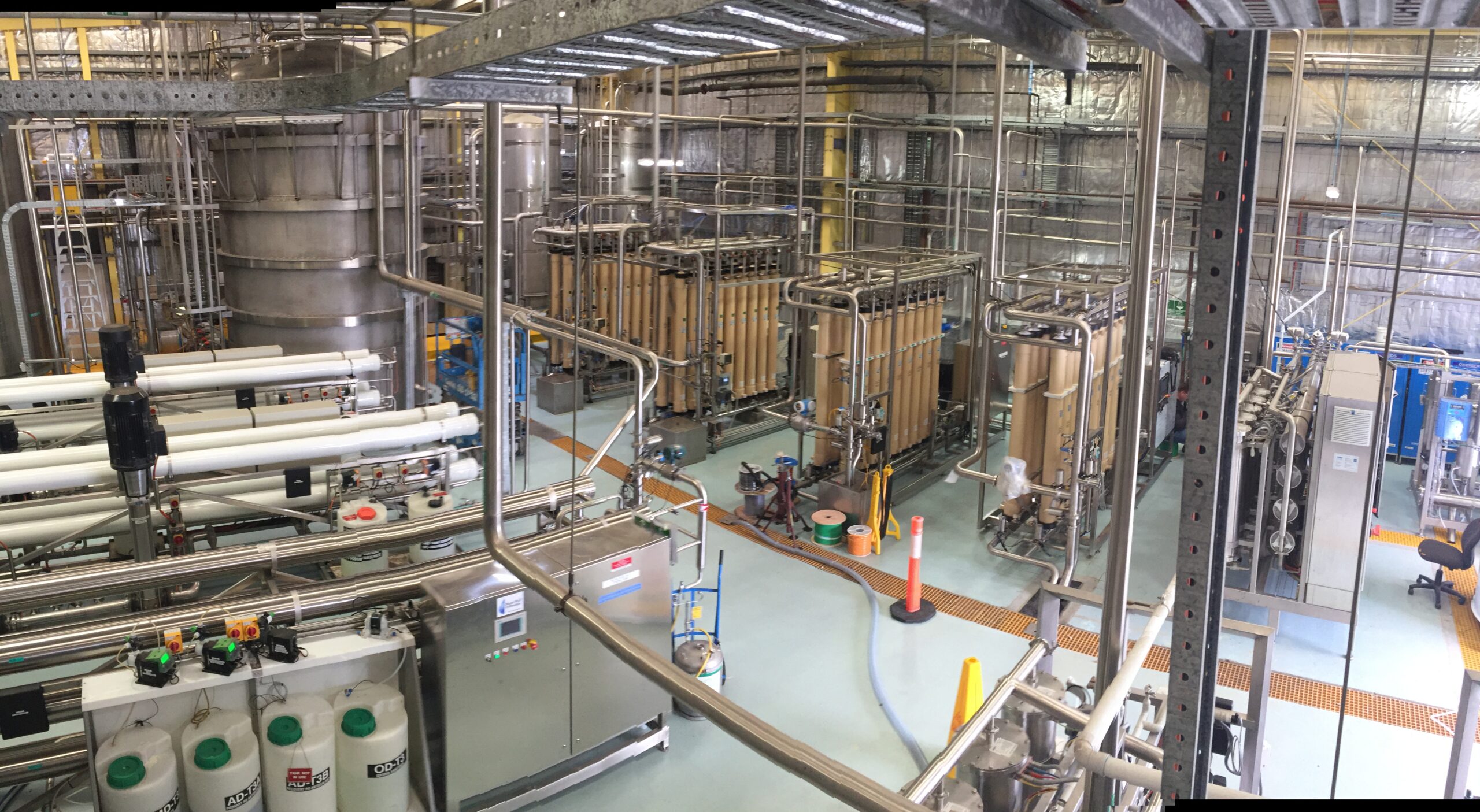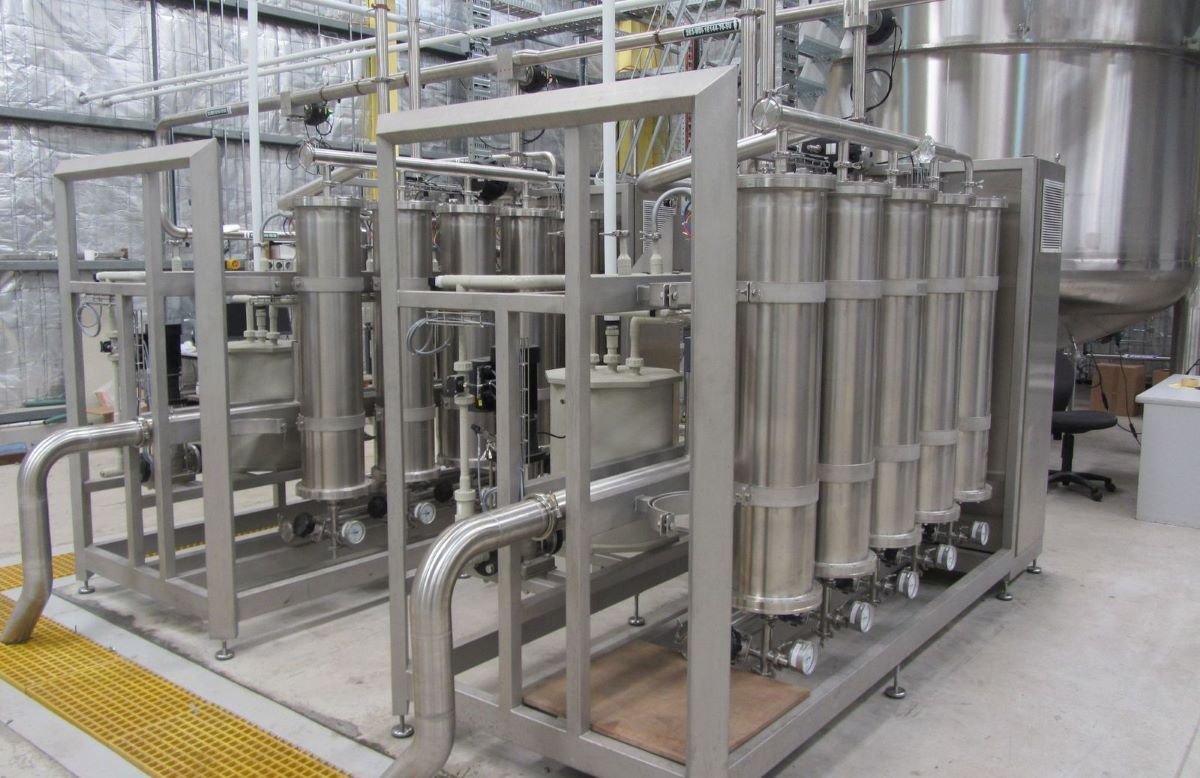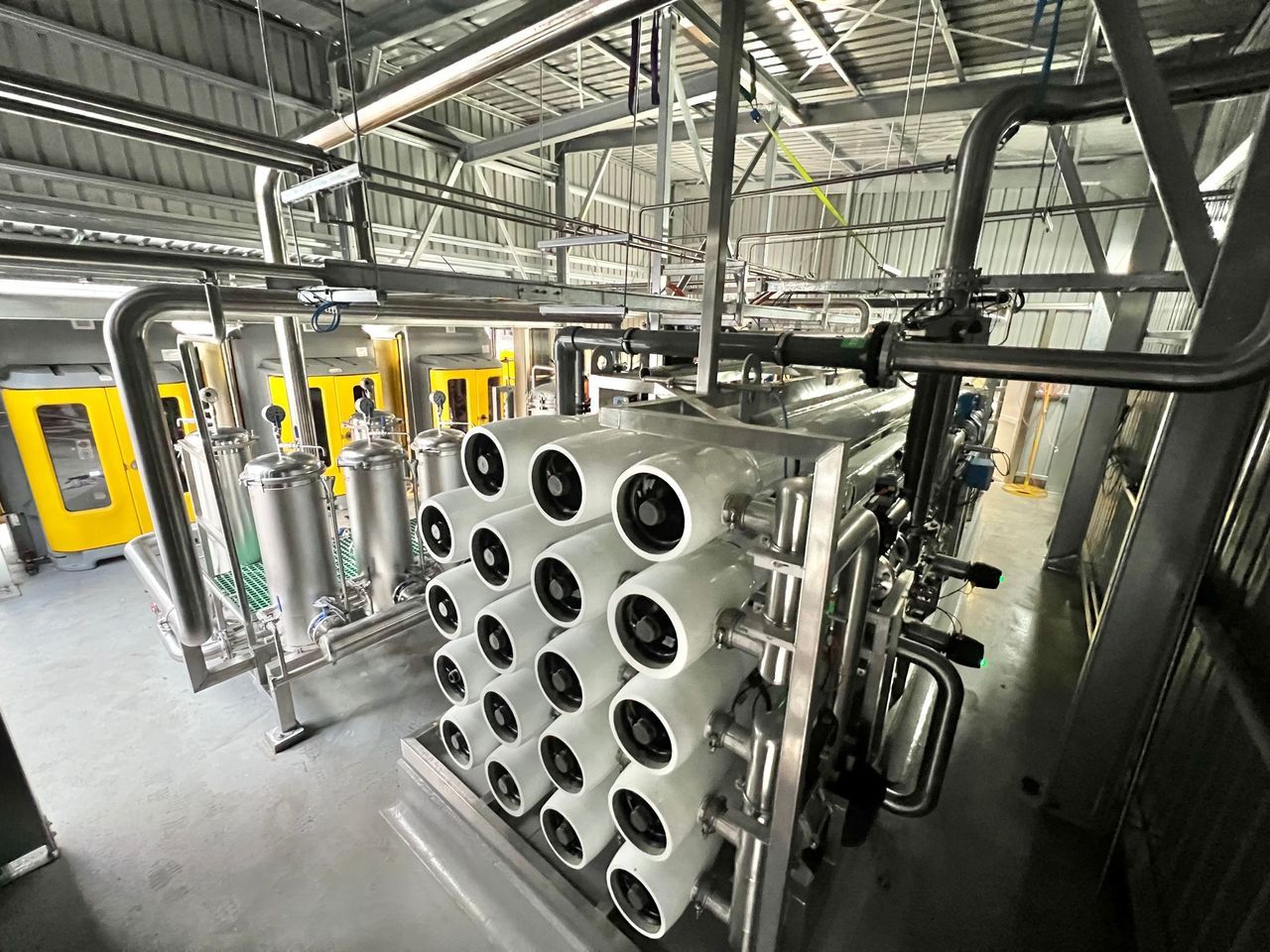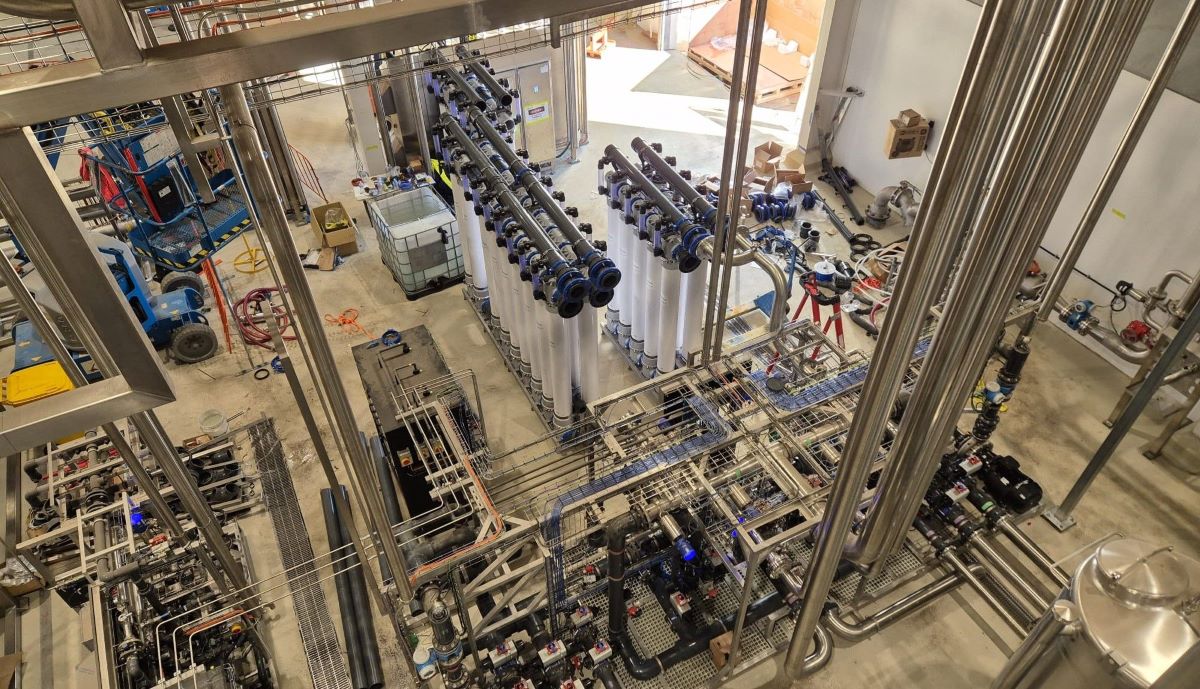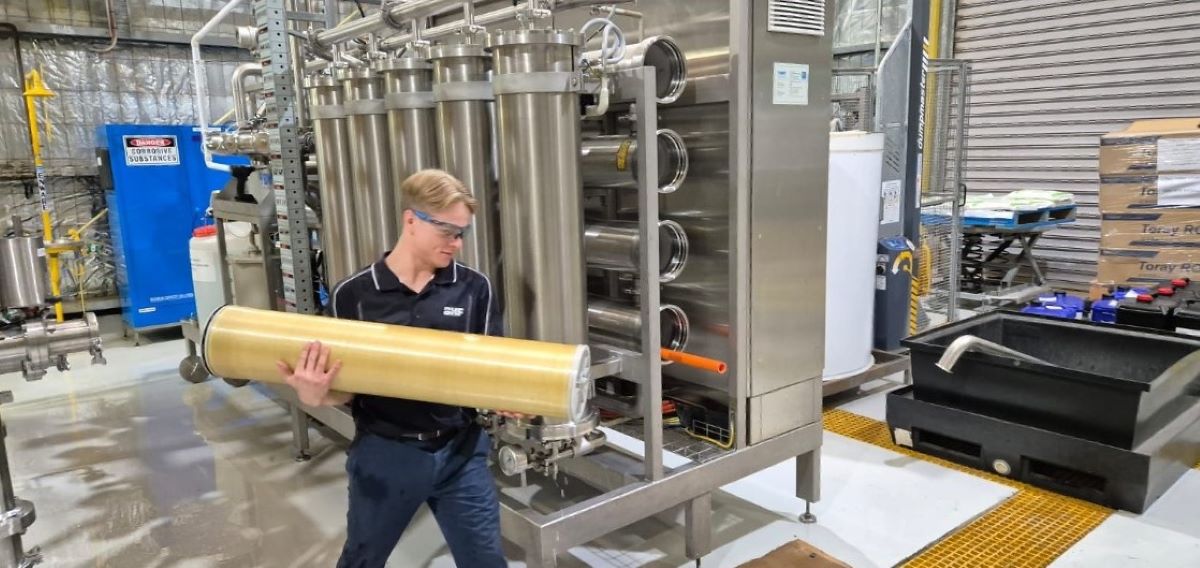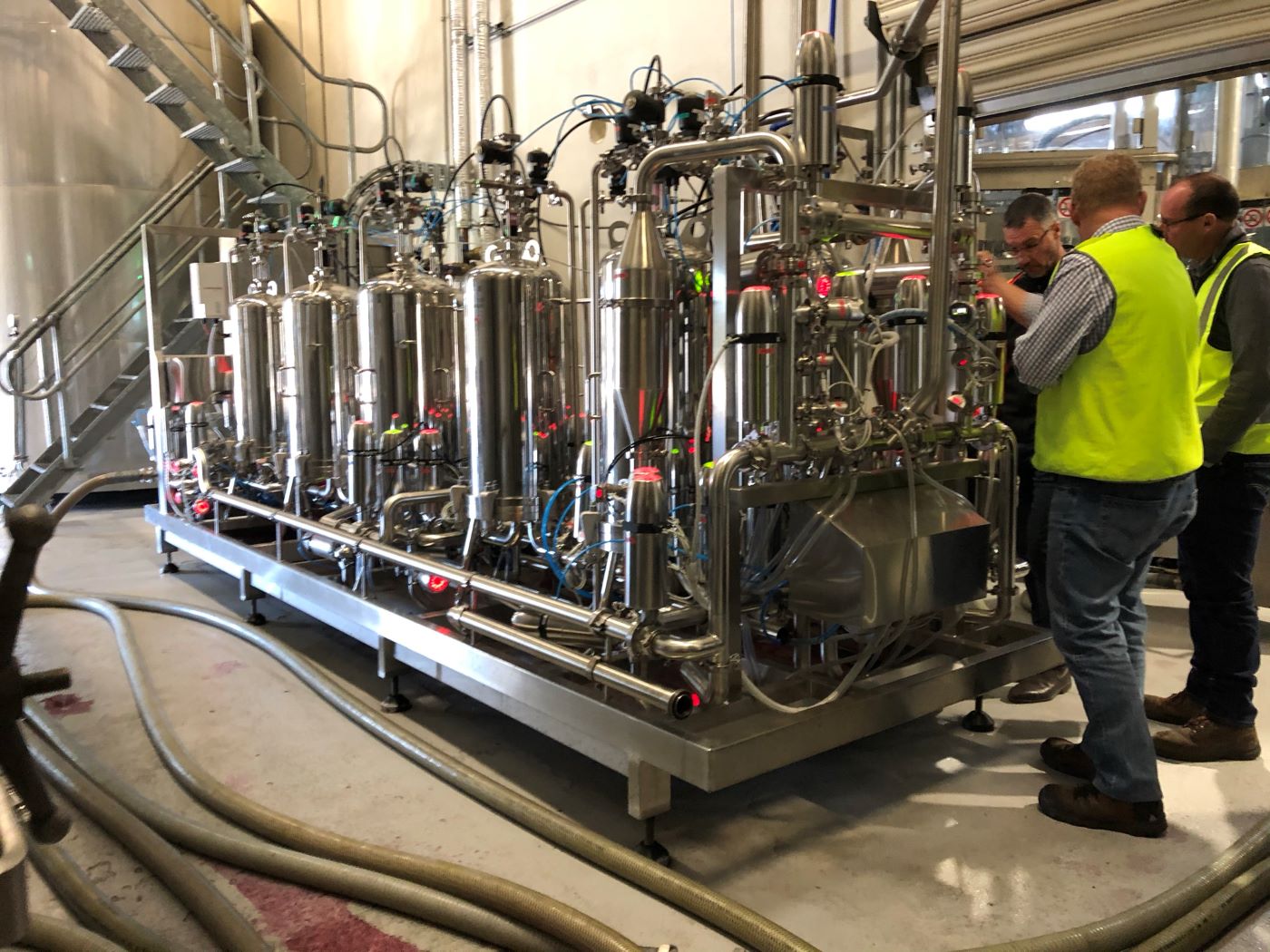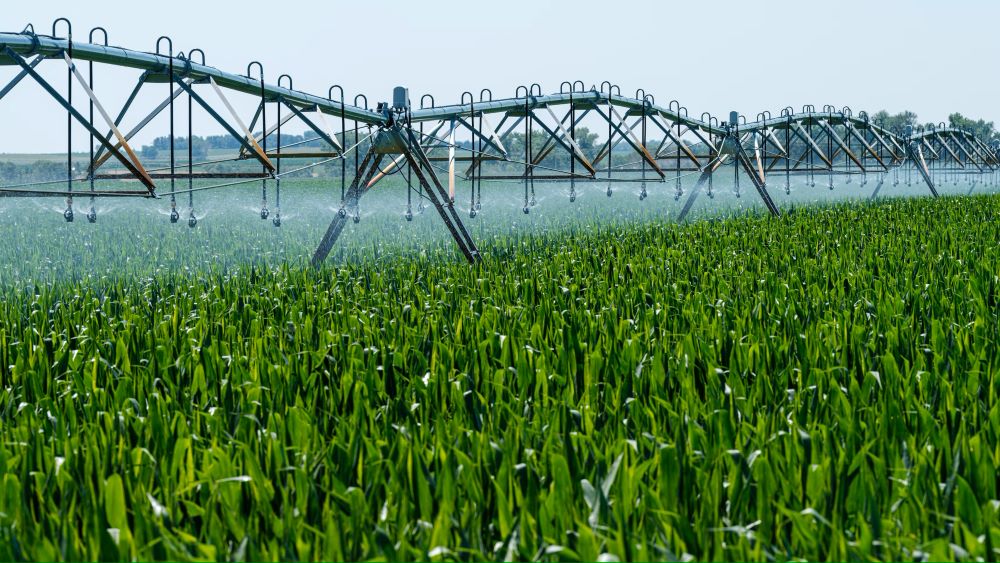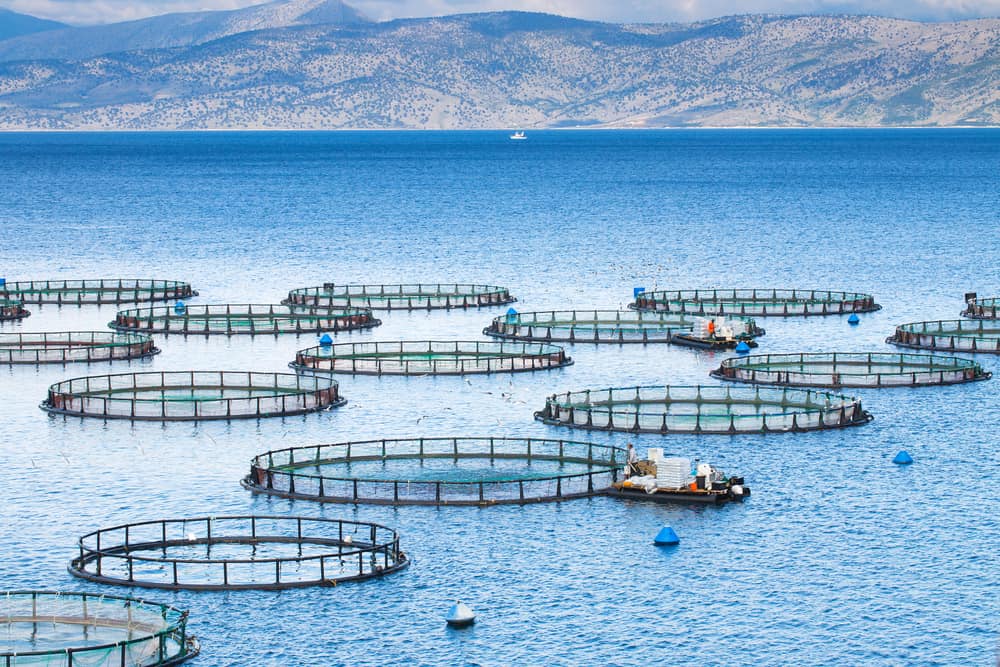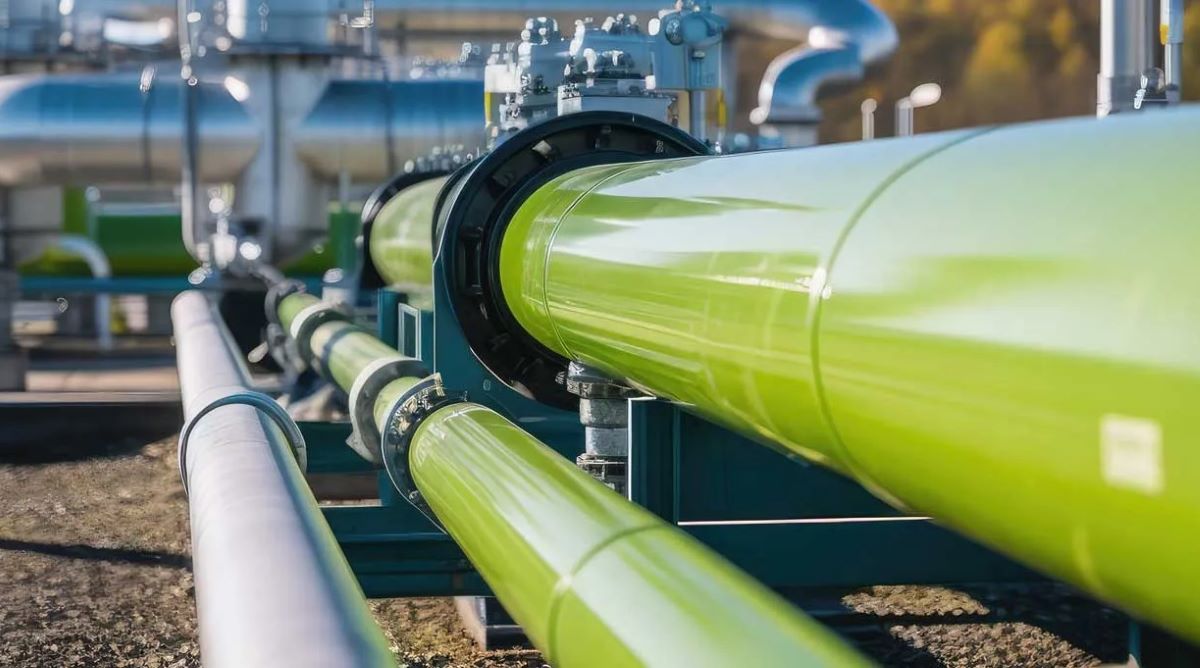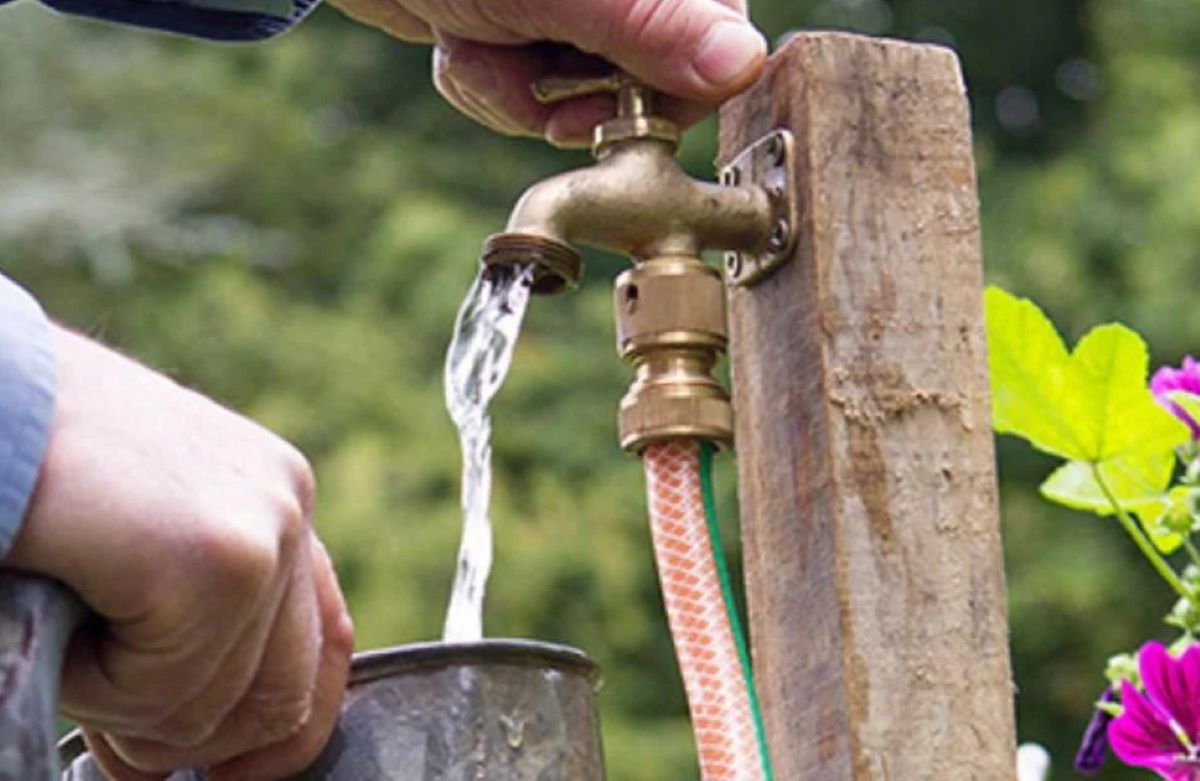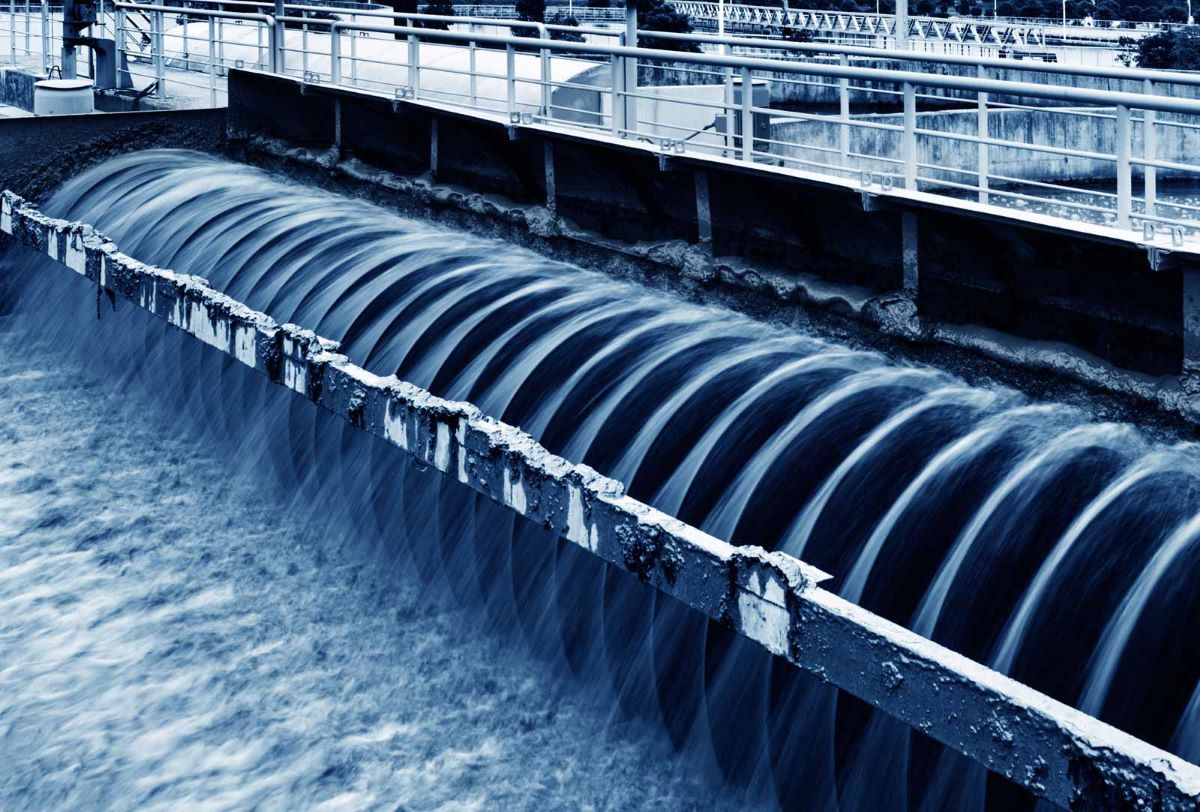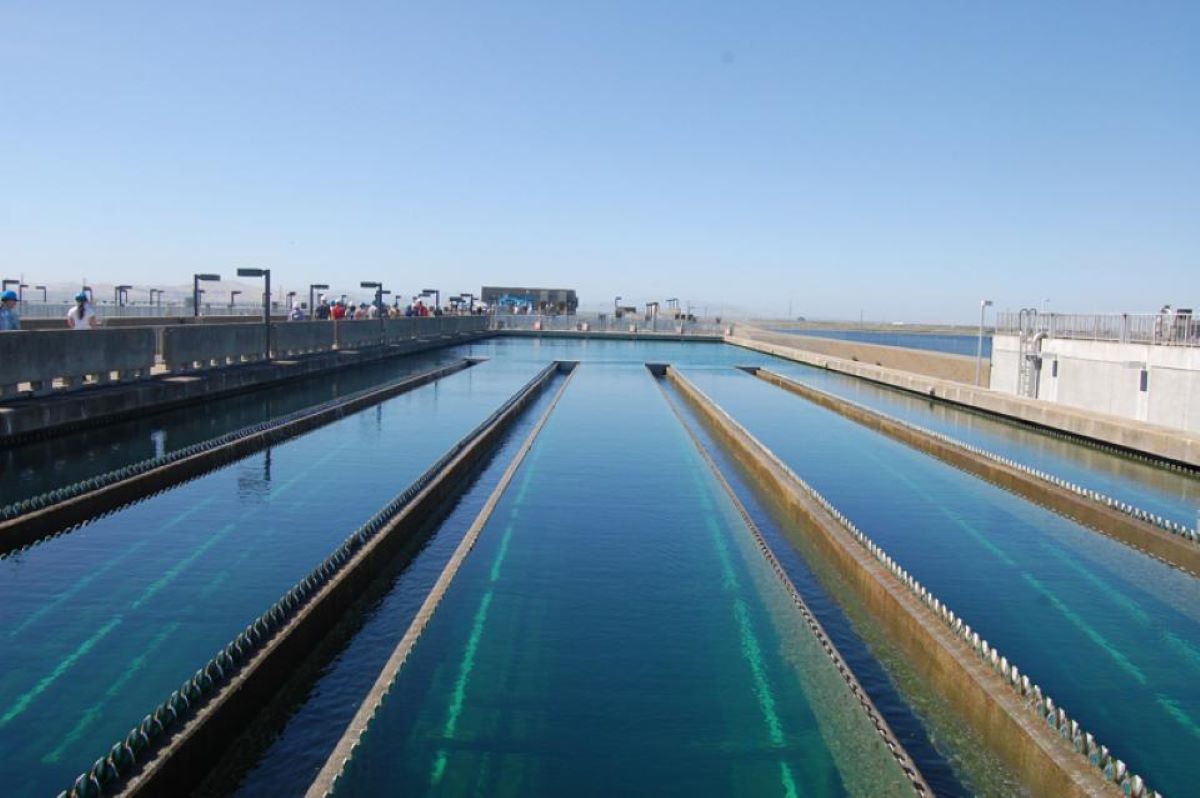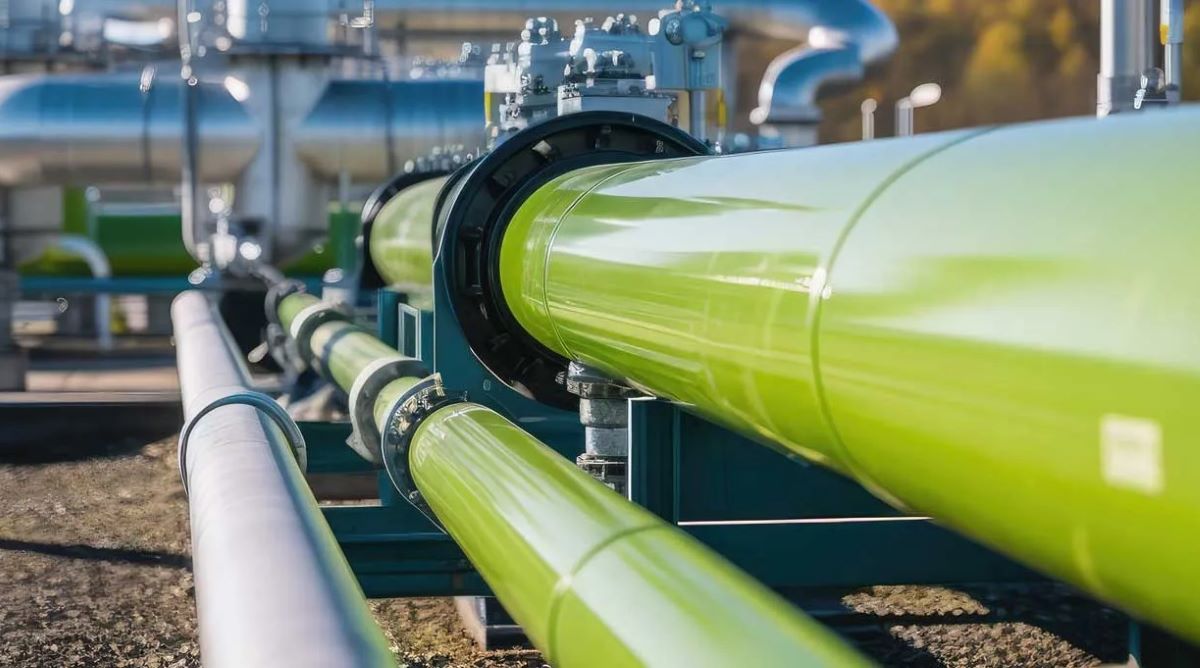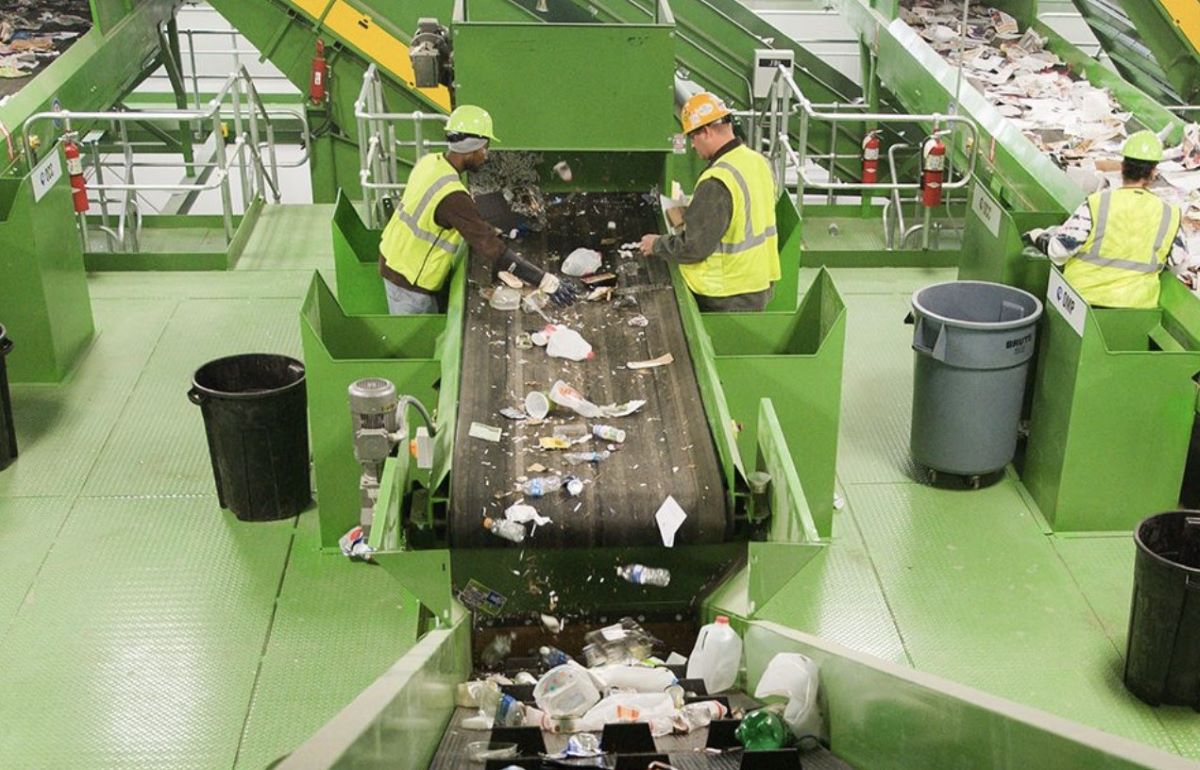The Rise of Modular & Decentralised Water Systems: Scalable Solutions for a Changing World

As industries worldwide face increasing water scarcity, stricter regulations, and rising operational costs, the way we treat and manage water is changing. Traditional centralised systems, once the backbone of industrial and municipal infrastructure, are giving way to modular and decentralised water treatment systems that provide flexibility, scalability, and resilience for a changing world.
The Shift from Centralised Infrastructure to Modular Agility
Centralised water treatment facilities were designed for stability and scale. However, as demand patterns evolve and environmental risks intensify, these systems can become rigid, costly to expand, and vulnerable to disruption.
Decentralised systems bring water treatment closer to the point of generation or use. Whether installed at a production site, regional facility, or remote community, these systems reduce reliance on large distribution networks and enable local water reuse and recycling.
By leveraging modular design principles, these systems are pre-engineered, containerised, and easily deployable, reducing installation time, civil works, and project risk. They can be rapidly commissioned, scaled up, or redeployed as operational needs change, providing unmatched flexibility for industries with dynamic water requirements.
Technical Foundations of Modular Water Systems
At the core of modern modular systems are membrane-based technologies such as microfiltration (MF), ultrafiltration (UF), and reverse osmosis (RO). Each plays a specific role within the treatment train, from removing suspended solids and bacteria to achieving advanced desalination and polishing.
Modular units integrate every stage of the process within compact, transportable enclosures, including feedwater pre-screening, membrane filtration, automated cleaning (CIP), and digital control systems. The result is a fully functional, plug-and-play treatment solution capable of producing high-quality process or reuse water.
These systems are increasingly supported by advanced automation and IoT-based monitoring, providing real-time performance insights and remote management capabilities. The International Water Association notes that AI-driven process optimisation can further enhance energy efficiency, reliability, and maintenance scheduling (IWA Online, 2023), an innovation that will drive the future of water treatment technologies.
Sustainability and System Efficiency
Decentralised water treatment is inherently aligned with sustainability and circular economy principles. By treating and reusing water locally, modular systems minimise freshwater extraction and reduce discharge volumes, closing the loop between consumption and recovery.
This model also lessens the strain on centralised utilities and distribution infrastructure, helping industries move toward net-zero water goals. Lower energy use reduced chemical dosing, and shorter distribution distances all contribute to reduced operational carbon footprints.
For industries like food and beverage, pharmaceuticals, and manufacturing, modular systems also improve process reliability, delivering consistent, validated water quality while supporting compliance with increasingly stringent environmental standards.
Engineering and Economic Considerations
For engineering consultants and decision-makers, modular systems offer strategic advantages in both design and delivery. Prefabrication and factory testing reduce construction time and onsite commissioning risks, enabling faster project timelines.
Decentralised architectures also enhance system redundancy and security of supply. In multi-site operations, distributed treatment nodes can operate independently, reducing the risk of system-wide disruption. While modular systems may represent a higher upfront unit cost, the total cost of ownership is often lower once factors such as reduced civil works, accelerated commissioning, and scalability are considered.
From a regulatory perspective, modularisation supports standardisation and repeatability, key benefits for sectors like biopharmaceuticals and food processing, where validated system performance is essential.
The Future of Water Infrastructure
As Australia and the wider Asia-Pacific region continue to pursue greater water resilience and circularity, modular and decentralised systems are becoming a cornerstone of modern infrastructure planning. They align with regional policy directions promoting localised treatment, water reuse, and carbon reduction, while offering the technical reliability required by industrial operators.
At BHF, we’ve seen firsthand how these systems can transform water management across industries:
- At Frucor Suntory, modular ultrafiltration (UF) racks have enhanced water quality and operational flexibility within a major beverage manufacturing facility.
- At Tooheys, a large-scale reverse osmosis (RO) recovery system has delivered substantial water and cost savings, designed specifically for the brewery’s site conditions.
- At Unigrain, a containerised RO system enables efficient onsite water recovery and reuse, reducing freshwater dependence.
- And for South Taranaki District Council, a modular Scinor UF system replacement improved reliability and long-term performance in a local municipal application.
With over two decades of experience delivering engineered water and filtration solutions across APAC, BHF’s modular UF, MF, and RO systems are built to meet today’s challenges and tomorrow’s opportunities.
The rise of modular and decentralised systems marks not just a shift in technology, but in mindset – from centralised control to adaptive, distributed resilience. In an era defined by change, flexibility is no longer a luxury; it’s the foundation of sustainable water management.
Discover how BHF Technologies can help your operation achieve high-efficiency water treatment and purification results with proven ROI.
